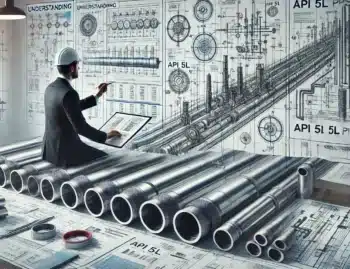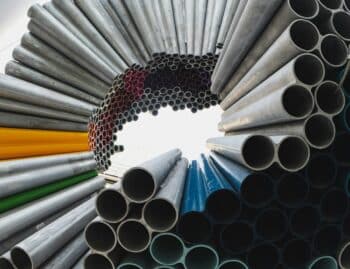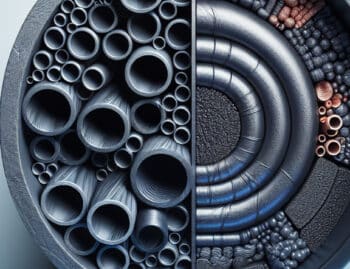
Egypt has begun constructing another line of protection on its 7 mile border with Gaza. This recent addition was reported on 27th April 2020. Egypt’s construction of a steel wall has created much controversy in the region and worldwide.
The wall is to be 7 metres high and equipped with movement sensors. About 1 kilometer had already been completed by the Egyptian army at the time of reporting. It begins on the eastern side of Karam Abu Salem and is expected to run to the Rafah border crossing.
This border crossing is currently the only way to pass between Gaza and Egypt.
Egypt has a history of taking security measures along its border with Gaza, including a concrete wall built earlier in February 2020. The new steel wall is expected to run very close to the existing wall and provide extra fortification.
Aside from its actions this year, Egypt has previously blown up tunnels linking its country with Gaza and installed a barbed wire barrier back in 2008.
What Does Egypt Have to Gain
The action of building a steel wall along a border with a neighboring territory could be misconstrued as somewhat unfriendly. However, despite these measures being taken, it is commonly understood that Egypt and Gaza do not share a hostile relationship.
In fact, the reason Egypt has not yet commented on the construction of this wall is said to quell any rumors related to the belief that the wall is meant to prevent the movement of Palestinians into Egypt.
Sources within Egypt claim that the country “endorses the Palestinian cause,” and the latest measures are simply an act of increasing security. With terrorist attacks remaining relatively commonplace in the country, restricting infiltration through the Gaza Strip is one key line of defense.
In 2007, Egyptian authorities were in agreement with Hamas-ruled Gaza that the border area should be made secure to prevent acts of infiltration by armed militants.
The latest developments follow US president Donald Trump’s Mideast peace plan outlined on January 28th. Egypt was very supportive of US efforts to attain peace throughout the region, so it’s likely that the newest security measure is not meant to stir confrontation.
Could It Be A Response to COVID-19?
The short answer is that this is likely not the case.
There are a few reasons why the COVID-19 outbreak is unlikely to have had any impact on Egypt’s decision to build this steel wall:
- There are two previous instances of walls being built upon the border area with Gaza. These both occurred before the coronavirus pandemic started.
- Egypt has agreed previously with Gaza that the border area should be fortified.
- A steel wall in this area would make minimal difference to the spread of the virus. There are already two walls in the area, and the Rafah border crossing is heavily monitored anyway.
Egypt and Palestine are two countries that have not yet been hit as hard by COVID-19 as some other countries around the world.
As of May 3rd, the statistics for each country were as follows:
- Egypt has 6,193 confirmed cases with 1,522 recoveries and 415 deaths.
- Palestine has 353 confirmed cases with 76 recoveries and 2 deaths.
There have even been reports of Hamas allowing doctors in Palestine to go to Israel for essential training amid COVID-19.
Final Thoughts
While this new phase of construction has been widely criticized, it seems to stand that Egypt is merely continuing in its efforts to maintain security in their region. Because it is not a sudden response to a recent act of terrorism, the initial assumption that it was an act against Palestinian people can be laid to rest. Their decision to use steel is merely a means of fortification.











